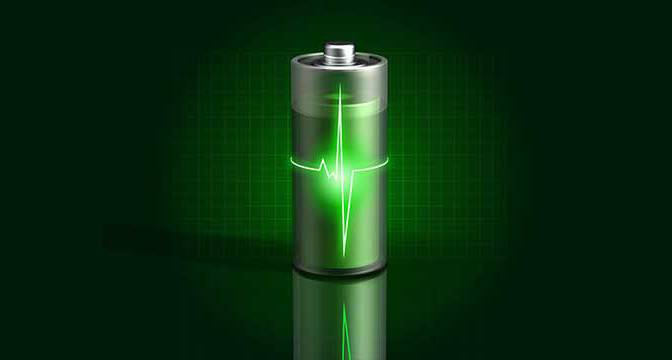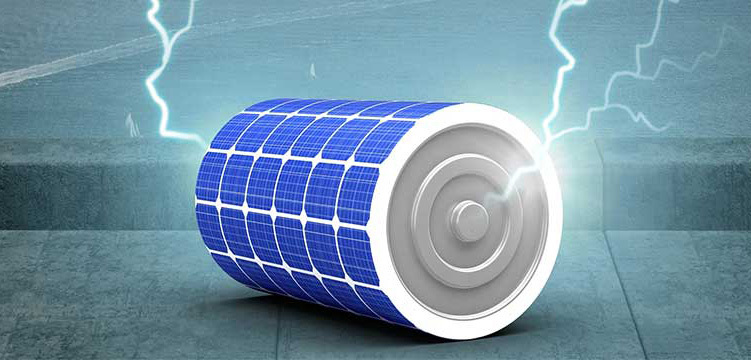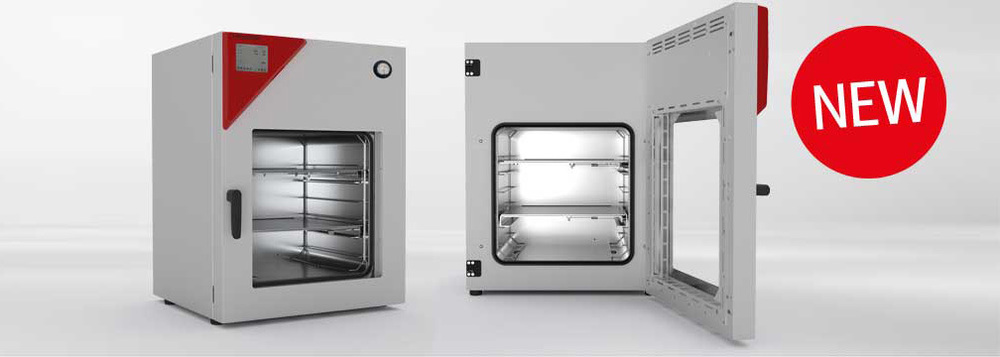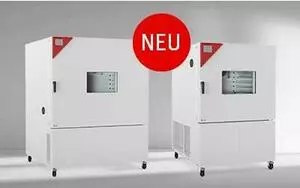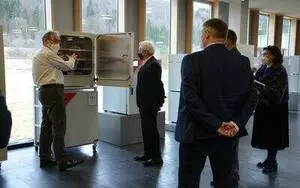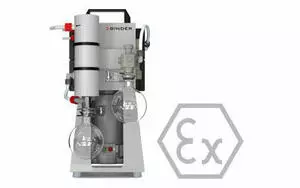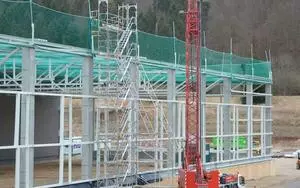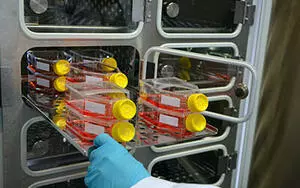
Electromobility continues to grow, as does the demand for wireless electrical devices. As a result, the run on lithium-ion batteries is getting bigger and bigger. The demand has also changed: the batteries should become more and more powerful. At the same time, security should also be guaranteed. This is checked on the basis of established standards and is usually guaranteed by a seal on the product.
TÜV Süd in Munich uses a number of BINDER cabinets, more precisely variable climate cabinets and cooling incubators, to test numerous energy storage devices from a wide variety of manufacturers. On the one hand, tests are carried out to determine whether the batteries can withstand thermal changes. Sometimes warm, sometimes cold or sometimes damp - the battery has to perform well. The batteries must certainly not be faulty or, in the worst case, cause an explosion in the device used, as this could have fatal consequences. On the other hand, mechanical tests are also held. The energy storage devices are exposed to shock, vibration and negative pressure.
On March 14th, the IEC 62133 standard replaced the previous IEC 62133: 2012 standard. This means that all energy storage devices that come off the production line after this date must comply with this standard. This is the newest and most important battery safety standard in practice right now.
Batteries that were produced before this date can still be used without restriction.
Battery testing with BINDER cabinets is also carried out at the University of Warwick, England, for example. The battery research center MEET at the University of Münster also relies on BINDER.
You can find more information in the following two flyers:


